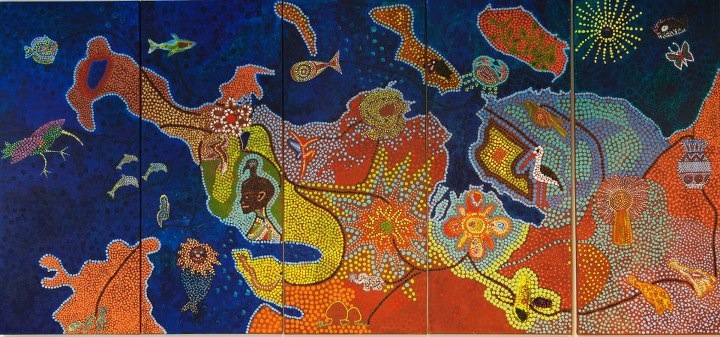Renata Emilsson Peskova, modurmal@modurmal.com
Móðurmál helps educate a new generation of plurilingual children who will be able to draw on their cultural and linguistic resources in the future in various positions, as future teachers, interpreters, entrepreneurs, and leaders.
Móðurmál – the Association on Bilingualism is an umbrella organisation whose main goal is to teach mother tongues, or heritage languages, to plurilingual children. Móðurmál is based in Reykjavík, Iceland and it has over twenty years of history in engaging parents and volunteers in mother tongue instruction.
Móðurmál´s motto is “diversity, identity, respect”. Mother tongue teachers agreed at the annual conference in 2014 that these words express best what the organisation stands for. It supports and celebrates the diversity in the Icelandic society, it strengthens and promotes identity of plurilingual children as well as their parents, and it highlights that mutual respect is alfa and omega of peaceful and constructive relationships.
Móðurmál is an umbrella organisation of more than twenty language groups and schools that work independently as they develop and implement their own teaching and programs. Most of the classes are held on Saturdays or Sundays and in the school year 2017-2018 about 750 children attend mother tongue classes. The groups also meet and collaborate within Móðurmál. Each community has different needs and various resources, but the desire of parents to teach their mother tongues to their children is so strong that they join forces and together overcome time, cost, and organisational barriers. Móðurmál assists the groups and group coordinators, the mother tongue teachers, and the parents in their endeavour to sustain mother tongue teaching. Móðurmál also collaborates with many local and international organisations towards its goals.
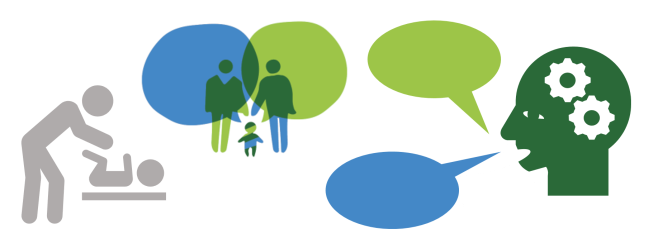 Some of Móðurmál´s important connections are the International and Heritage Languages Association in Edmonton, Alberta, Modersmålscentrum in Lund, Sweden, the School and Leisure Department of the City of Reykjavík, the Alliance of Parent´s Associations and Parent´s Councils of Elementary Schools in Reykjavík, the City Library of Reykjavík, the Cultural Centre Gerðuberg, and the Art Gallery of Reykjavík. Individual mother tongue groups collaborate among themselves and oftentimes develop connections with embassies and consulates of their countries, as well as mother tongue schools in their respective languages around the world.
Some of Móðurmál´s important connections are the International and Heritage Languages Association in Edmonton, Alberta, Modersmålscentrum in Lund, Sweden, the School and Leisure Department of the City of Reykjavík, the Alliance of Parent´s Associations and Parent´s Councils of Elementary Schools in Reykjavík, the City Library of Reykjavík, the Cultural Centre Gerðuberg, and the Art Gallery of Reykjavík. Individual mother tongue groups collaborate among themselves and oftentimes develop connections with embassies and consulates of their countries, as well as mother tongue schools in their respective languages around the world.
Móðurmál is important to many. It serves several functions, one of which is to help create a multicultural society, mutual understanding of various language groups who share the passion for maintaining and developing mother tongue skills of children. Móðurmál is a precious part of the Icelandic society, because it helps build bridges among languages and cultures. It creates and deepens mutual understanding of various groups and institutions. It gives power to immigrant parents. It enriches the Icelandic multicultural society and helps educate a new generation of plurilingual children who will be able to draw on their cultural and linguistic resources in the future in various positions, as future teachers, interpreters, entrepreneurs, and leaders.
Móðurmál is proud of national awards it has received in the past, namely, a certificate of recognition from the Intercultural Center in 2008, the Society Award of Fréttablaðið (newspaper) in 2014, the Parent Award of Home and School (National Parents Association in 2016) but at the same time, it is searching for more official recognition of its work. It appraises the models in Scandinavian countries and Canada as it continues to work towards sustainable, successful mother tongue education in Iceland.
 Renata Emilsson Peskova is a PhD candidate at the School of Education at the University of Iceland. Her research interest lies with plurilingual children and heritage language education. She is the chair of Móðurmál – the Association on Bilingualism.
Renata Emilsson Peskova is a PhD candidate at the School of Education at the University of Iceland. Her research interest lies with plurilingual children and heritage language education. She is the chair of Móðurmál – the Association on Bilingualism.
 (Tip: if you have problems with entering the 2014 platform, you can pass the username and password request with any word)
(Tip: if you have problems with entering the 2014 platform, you can pass the username and password request with any word)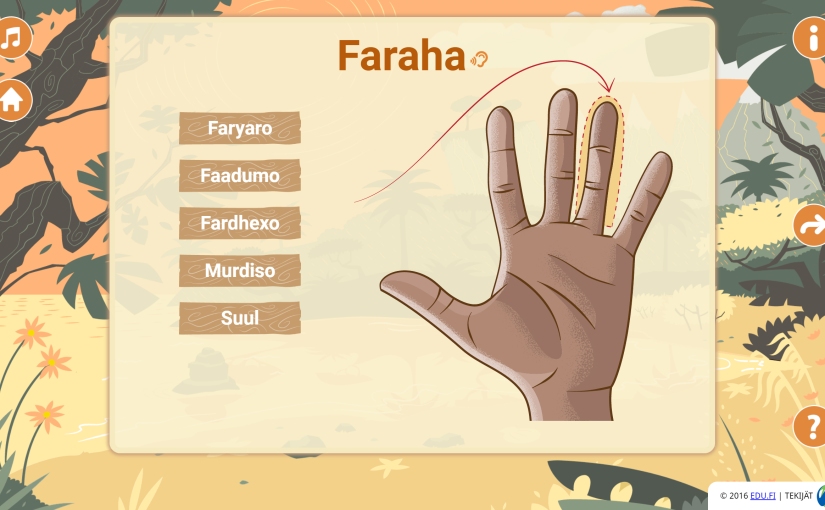
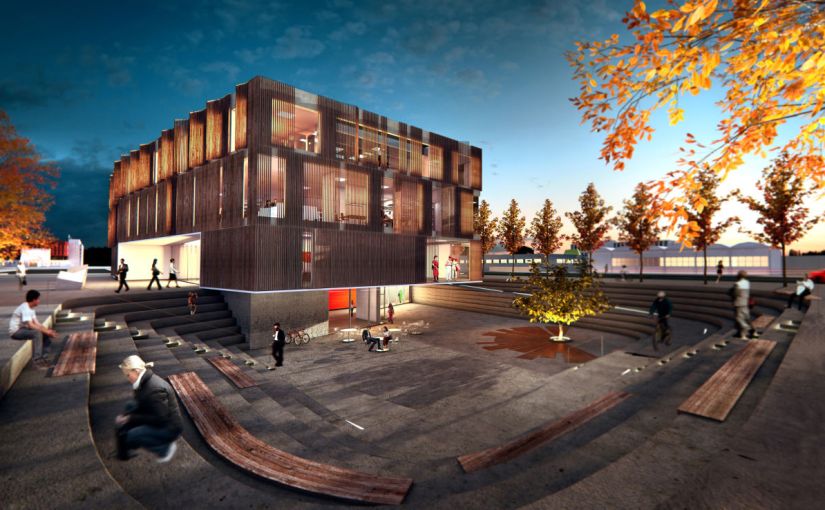
 The Vigdís Finnbogadóttir Institute of Foreign Languages
The Vigdís Finnbogadóttir Institute of Foreign Languages

 The writers of this text, Ahmed Hassan and Konsta Savolainen work for the employment of immigrants in a company founded by them. Through NordicSom they want to contribute to the development of the Nordic Somali community’s members as active participants in societal processes.
The writers of this text, Ahmed Hassan and Konsta Savolainen work for the employment of immigrants in a company founded by them. Through NordicSom they want to contribute to the development of the Nordic Somali community’s members as active participants in societal processes.
 Some of Móðurmál´s important connections are the International and Heritage Languages Association in Edmonton, Alberta, Modersmålscentrum in Lund, Sweden, the School and Leisure Department of the City of Reykjavík, the Alliance of Parent´s Associations and Parent´s Councils of Elementary Schools in Reykjavík, the City Library of Reykjavík, the Cultural Centre Gerðuberg, and the Art Gallery of Reykjavík. Individual mother tongue groups collaborate among themselves and oftentimes develop connections with embassies and consulates of their countries, as well as mother tongue schools in their respective languages around the world.
Some of Móðurmál´s important connections are the International and Heritage Languages Association in Edmonton, Alberta, Modersmålscentrum in Lund, Sweden, the School and Leisure Department of the City of Reykjavík, the Alliance of Parent´s Associations and Parent´s Councils of Elementary Schools in Reykjavík, the City Library of Reykjavík, the Cultural Centre Gerðuberg, and the Art Gallery of Reykjavík. Individual mother tongue groups collaborate among themselves and oftentimes develop connections with embassies and consulates of their countries, as well as mother tongue schools in their respective languages around the world. Renata Emilsson Peskova is a PhD candidate at the School of Education at the University of Iceland. Her research interest lies with plurilingual children and heritage language education. She is the chair of Móðurmál – the Association on Bilingualism.
Renata Emilsson Peskova is a PhD candidate at the School of Education at the University of Iceland. Her research interest lies with plurilingual children and heritage language education. She is the chair of Móðurmál – the Association on Bilingualism.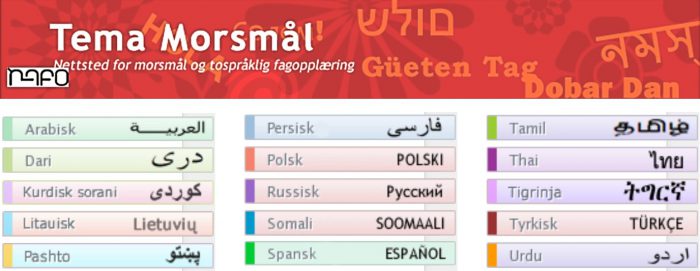

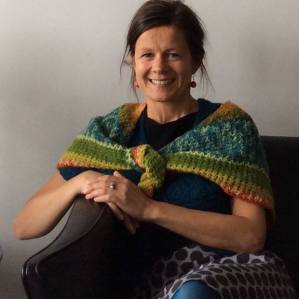 Kristín R. Vilhjálmsdóttir
Kristín R. Vilhjálmsdóttir
